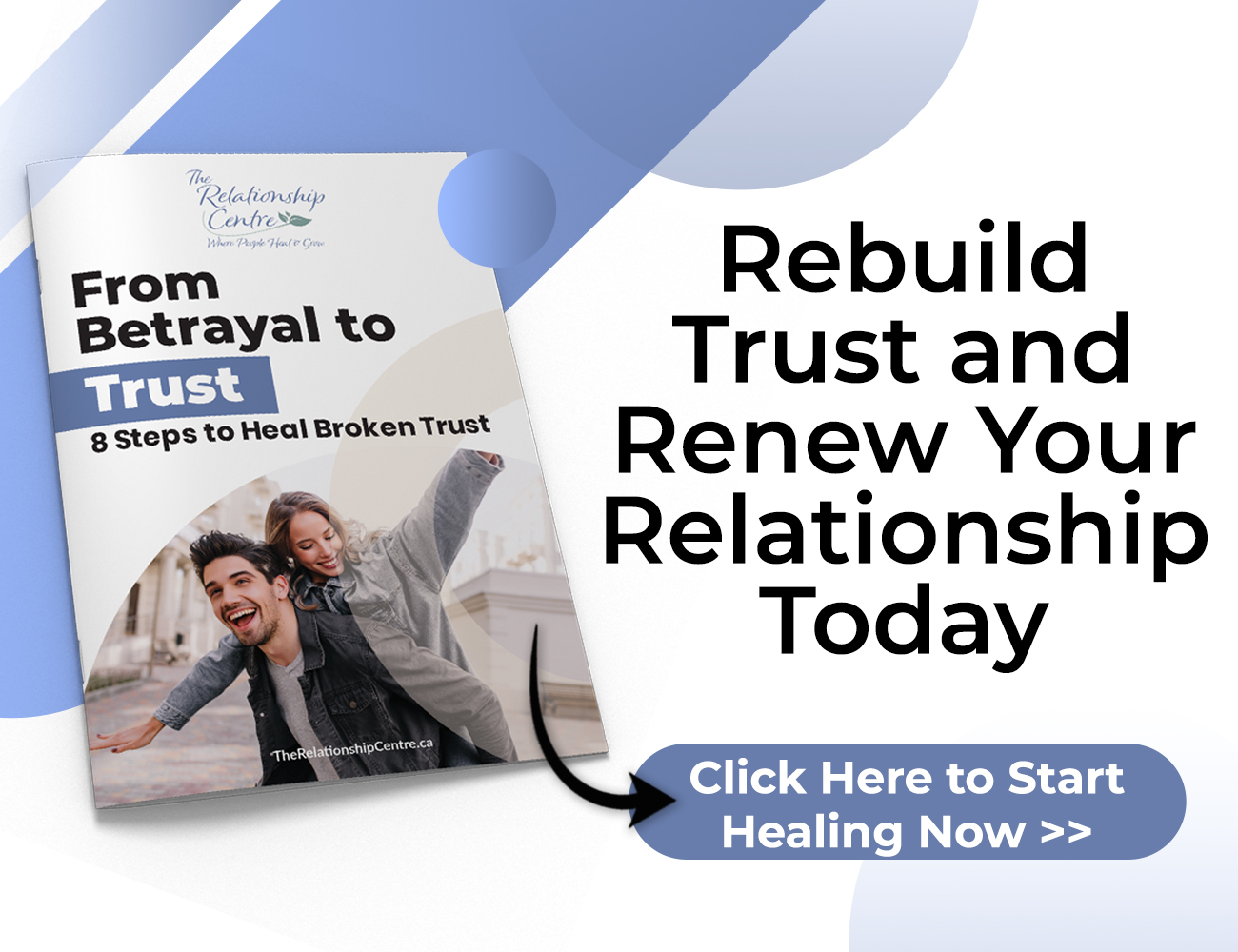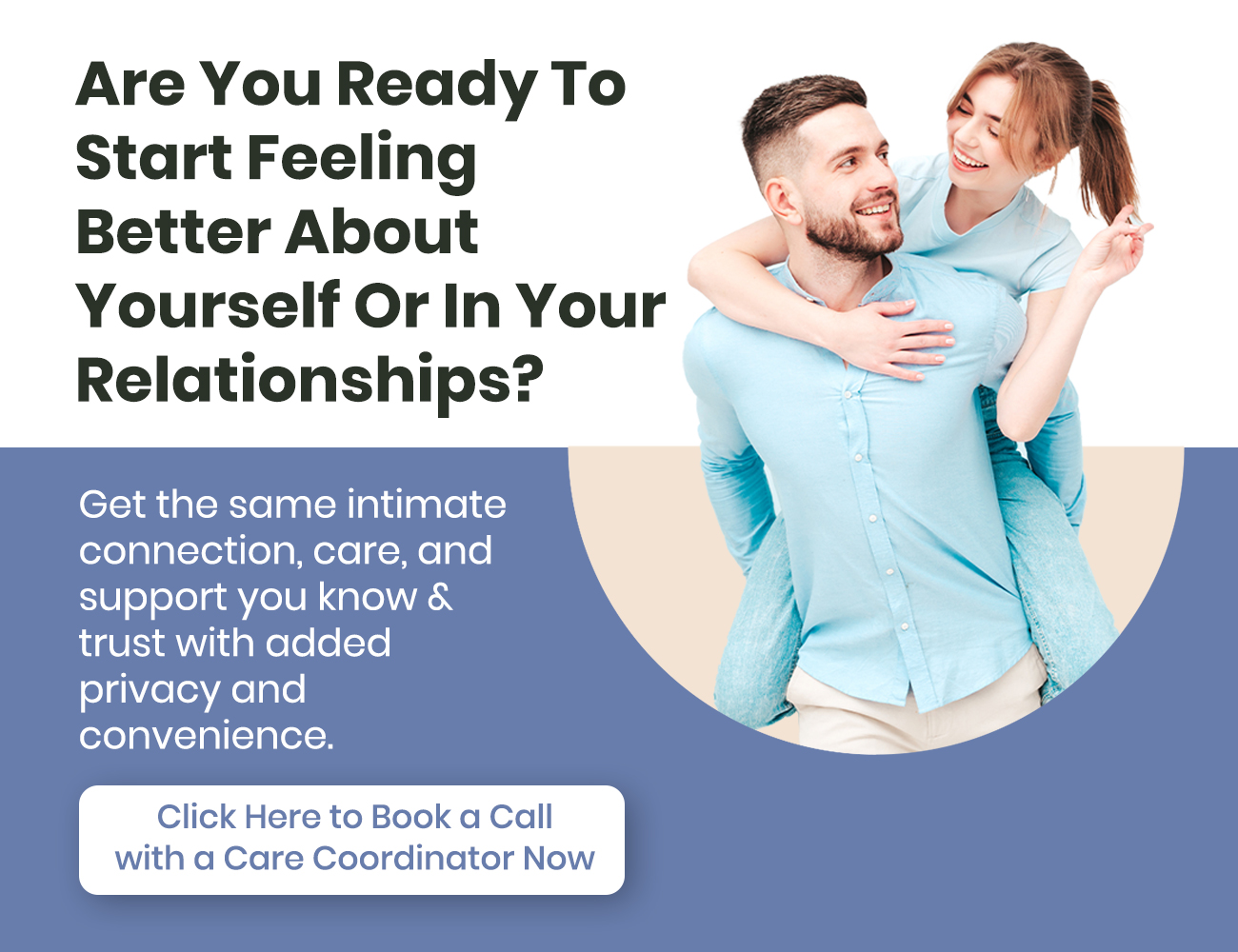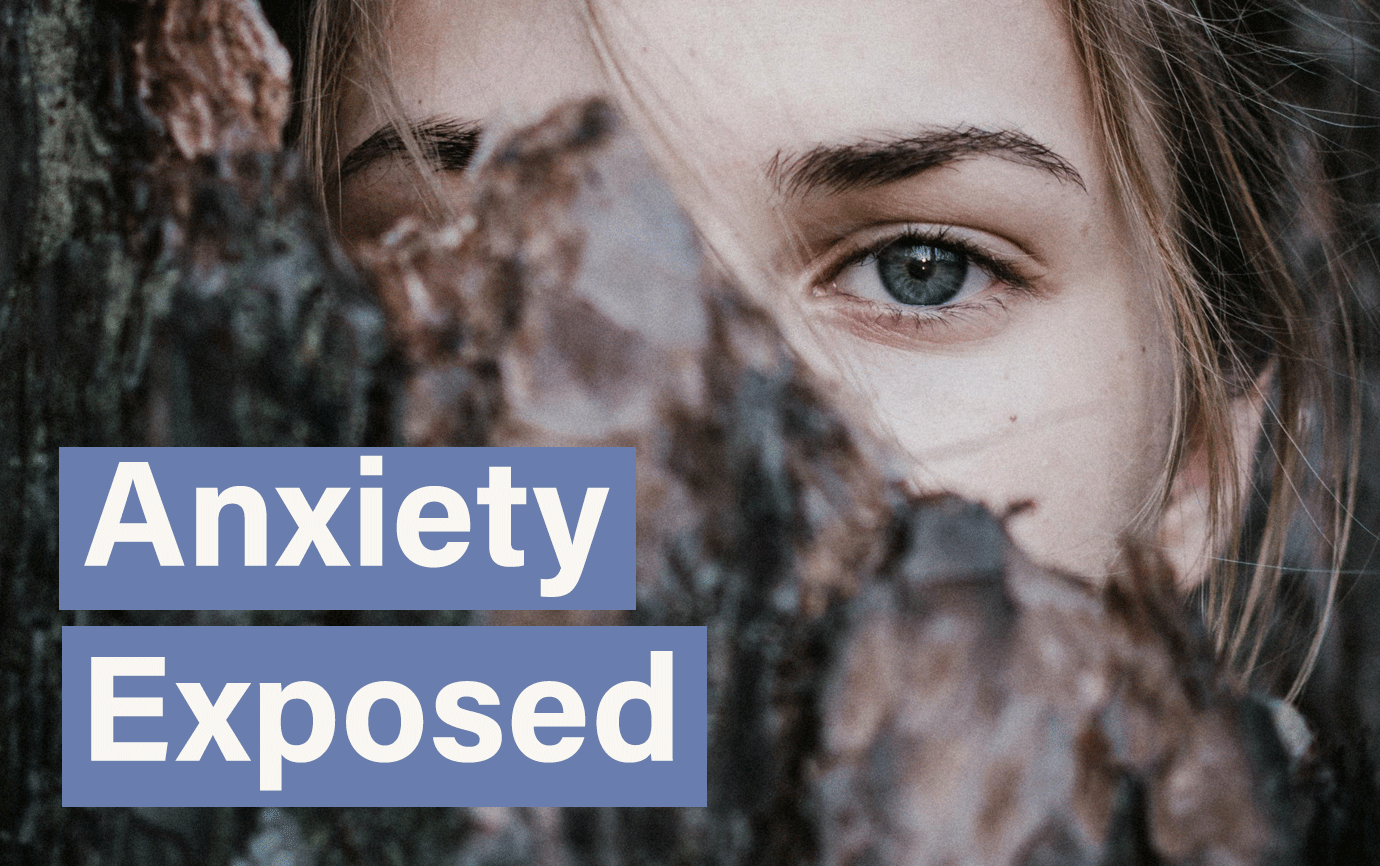Have you considered how beneficial learning to forgive can be? There are many ways to improve your mental health. Some get a lot of attention, while others mostly go unnoticed. Learning the practice of forgiving others when they hurt you is one of those mental wellness techniques we tend to overlook.
In her “Psychology Today” article entitled “Why Forgive? Because It’s Good for You,” Andrea Brandt Ph.D. M.F.T. shares the following:
“Forgiveness is letting go of a grievance or judgment that you hold against someone else—or yourself. Without it, the original wounding event can continue to tie up your attention and keep you bound to the past.”
Forgiving others benefits the people around us. But it’s also vital to recognize that letting go of resentment is incredibly healthy for you personally, both physically and mentally.
This doesn’t mean you simply “forgive and forget.” Instead, you learn from the experience and then let it go. There is no sure way to forget an offence, but you can come to a place where it doesn’t control your life and wellbeing anymore. Why exactly is learning to forgive so good for you? Here are several reasons.
Hurt’s Cycle Is Broken When You Forgive Others
This is something Brandt alluded to earlier. When you forgive, you break the chain of harm done to you. You let the pain go, and you no longer consistently think about it. Because of that, you can finally start healing at the deepest level.
Imagine you touch an object while cooking, resulting in a painful burn. What is your immediate instinct at that moment? You instantly pull your hand away from the heat source. Your focus then shifts to healing your wound. You can concentrate on the injury and fret about it, but that won’t cure your pain.
When we are “burned” emotionally by others, the process is much the same. We need to get away from what’s hurting us, which may mean, at least for a while, distancing ourselves from certain people if the hurt is significant enough to heal.
But it’s also vital to let go of resentment. Otherwise, it’s like getting burned while cooking but leaving your hand on the heat source that initially caused the injury. But unlike a physical burn, undealt with emotional burns can adversely affect the whole course of your life.
Breaking the hurt cycle allows you to stop feeling the pain you experienced from others. It enables you to move on and become a healthier person. Even if it means “forgiving the unforgivable,” for the sake of your wellbeing and that of others, the process needs to eventually happen. Otherwise, you will be unable to heal from the extreme pain you experienced. It will just keep injuring you again and again.
Forgiving Others Leads to Healthy Relationships
A common saying is that “hurt people hurt people.” That statement is so profoundly true. When we harbour unresolved hurts that turn into bitterness and resentment, this prevents us from interacting with others in a healing way. Instead, we tend to treat others coldly or lash out at them.
We also compound our bitterness and hurts in all other relationships. Since we either don’t know how to forgive or understand the steps but fail to take them, we hold onto any new hurts that come our way. And as you well know, there are always plenty of fresh wounds to stew over if you aren’t careful. Unfortunately, doing this just further ingrains habits of resentment, damaging our closest relationships and any other connections too.
We all need healthy relationships to have good mental health, but our resentment poisons them. That usually results in people shovelling some of that toxicity right back at us. They may also withdraw from the previous closeness levels they once had with us (usually a combination of both).
As you can see, this becomes a vicious cycle. We all need healthy relationships, but unforgiveness sabotages what we desperately need from others (and what they desperately need from us).
The good news is that when you finally let go of those hurts, you can make a positive difference in others’ lives around you. You learn that love is forgiveness, and forgiveness is love. It just must be there for healthy, thriving relationships. Forgiveness in a relationship is always necessary for it to reach its greatest potential.
Forgiving Yourself: You Learn Greater Self-Compassion
The more you learn to let go of resentment, the easier it becomes to keep practicing it. Another reason forgiveness is so good for you is because it makes it easier to carry out self-forgiveness.
We all do things we regret that can torment us if we continue down the path of self-criticism. And when we reflect on those mistakes or failures, it’s easy to be very condemning of ourselves for what we did. Many of us continue to beat ourselves up over our mistakes rather than practicing self-compassion. We may repeatedly think or say, “I’ll never forgive myself.”
However, the more you forgive others, the easier learning to forgive yourself becomes. You get to step back from yourself and tell yourself that it was okay and you were learning. You get to offer yourself comfort the same way you would do for a troubled friend. Learning to forgive yourself for past mistakes is essential for good mental health.
Forgiveness Allows for Greater Spiritual Health
The spiritually-minded tend to find greater peace and harmony within their belief system once they’re able to consistently let go of their emotional wounds. Many people talk about struggling with “forgiving God,” especially when going through deep, life-altering emotional injuries or traumas.
When people believe that God was able to prevent specific hurts from entering their lives or at least heal them from the pain, they can sometimes end up disappointed by the outcome. They can feel abandoned, rejected, and betrayed by God.
Practicing forgiveness brings greater peace and harmony to individuals within their spiritual context. Through radical acceptance, they can ask “why” less often and finally accept what happened, however difficult it may have been. In time, they also can let go of any bitterness, anger or resentment they have towards their idea of God.
Learning to Forgive: Therapy Can Help
Resentment can be difficult for us to heal from on our own. And it’s universally understood that it’s challenging to let go of hurts—especially when they are severe. For that reason, forgiveness therapy can be a significant advantage as you learn to break free from unforgiveness.
The Relationship Centre can help you work through that anger, bitterness, and resentment, replacing it with acceptance, love and forgiveness. It doesn’t have to weigh you down, sabotaging your life and relationships. Through therapy, you can journey towards forgiveness and healing.
If you’d like to discover more about how we can assist you with evidence-based ways to heal, feel free to contact us. You are also welcome to schedule an appointment.














